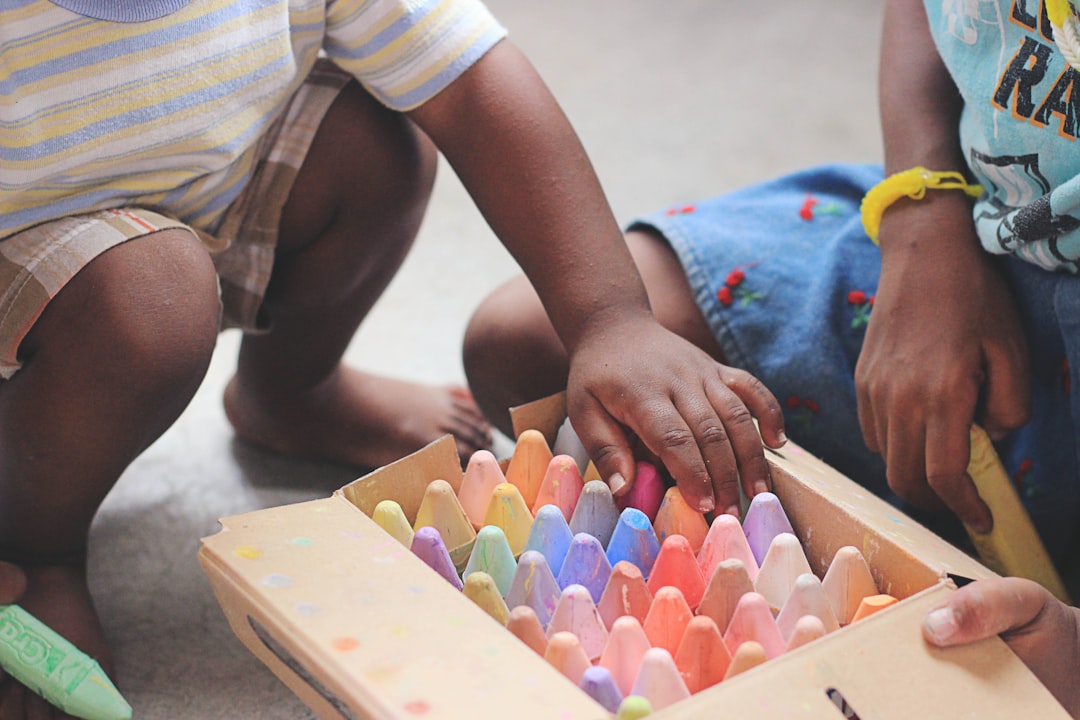What is it about?
This manuscript describes, the experience as well as how and what to avail services to support better caregiving for children facing conflict, displacement and other humanitarian situations in order to prevent negative negative social and health consequences in their children
Featured Image

Photo by Eric Masur on Unsplash
Why is it important?
The number of families facing humanitarian crises mostly from conflict (but gradually from also natural disasters) is on constant rise. Most interventions in such situations focus mostly on food, shelter, essential medical needs and at times financial support. While the family might be the only existing social institution around the lives of children, Interventions supporting capitalizing on it are quite scarce and often not accounted for. This manuscript describes the availability, feasibility and effectiveness in such tools to support caregivers in such situations avail a much better prospects for their kids for healthy and safe development (whilst of course lessening the burden on the caregiver too).
Perspectives
As a previous child of war myself I lived through many of the atrocities of the chapters of war in Beirut Lebanon between 1976 (the year I was born) and 1990's (when the larger chapter of the war ended), perhaps in some aspects I can still say to date. I was supported by nothing but my parents, despite the atrocities they went through. Currently managing a global programme on prevention in UNODC where the value of caregiving in prevention including in crisis situation gave me the wonderful opportunity to collaborate with Prof. Calam and Dr. El Khani. Prof Calam has been dedicating her research and time in University of Manchester in support of caregiving in humanitarian settings and Dr. El Khani who was working under the supervision of Prof Calam as a humanitarian psychologist dedicating a lot of heart and experienc to service this cause, being a of Syrian origins herself and witnessing what is happening in Syria. It was a honor and a pleasure to collaborate with both of them as co-author to shed the spotlight on this important, yet often neglected issue (supporting caregiving in crises situation). It was an opportunity to give back through our diverse channels, opportunities, experiences and expertise to the caregivers and children still facing such circumstances and giving them hope for a better future whilst supporting their main source of care with the skills needed to do so, against all odds. Paying it forward.
Wadih Maalouf
United Nations
Read the Original
This page is a summary of: Editorial Perspective: How can we help the children of Ukraine and others affected by military conflict?, Child and Adolescent Mental Health, July 2022, Wiley,
DOI: 10.1111/camh.12581.
You can read the full text:
Resources
What it's like to be a parent in a war zone
TED TALK
Resources for caregiving in conflict settings
Website of resources for caregiving in conflict settings
Military conflict and impact on Children (caregiving in such context)
Military conflict and impact on Children (caregiving in such context): Prof. Calam Min 16:30
Contributors
The following have contributed to this page










